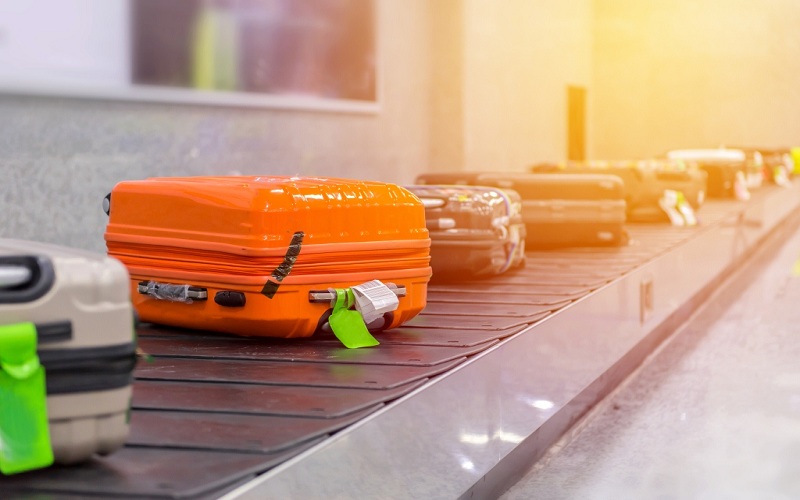Common Bulk Bag Uses

Whether you’ve been in business for years or just starting, you might discover that you need bulk bags. These bags, intended to transport and store various loose goods, can come in handy for numerous purposes in nearly all industries.
These strong, durable bags are preferred over boxes and other containers because they can take the shape of whatever they’re holding, thereby using space more efficiently. Plus, they are difficult to tear and easy to move around. Check out some of the most common uses for these bags. You might discover they’ll work for you, too.
Table of Contents
Construction
Some bulk bags can hold between 2,000 and 3,000 pounds, making them an excellent option for construction materials that must be shipped a great distance. Construction materials are often oddly-shaped, making them difficult to package for transport. Materials like gravel, pebbles, cement, clay, resin, slag and more are challenging to box, primarily because they can’t withstand the weight, but they’re no problem for bulk bags.
Construction sites can also be rough places, and storage containers can come up against heavy machinery and tools. If you intend to store materials like those mentioned above onsite, you’ll want them to be in containers that don’t easily tear. Plastic bulk bags are designed to hold up under harsh conditions, so unless you’re going to take a saw to them, they’ll continue to keep your materials secured.
Food
The food industry often uses bulk bags because it’s incredibly challenging to package and transport loose grains and foods like wheat, flour, corn, sugar, nuts, beans, rice, potatoes, and more. In addition, food manufacturers can get great prices on bulk foods, and because they use so many of these ingredients, they need a way to store the bulk foods, so they are always on hand when needed.
Bulk bags make transporting these loose grains and foods a snap because they can hold up to 3,000 pounds of materials and protect the food while it’s on its way to factories and warehouses. The bags can be designed to have a spout at the bottom so that they can be emptied directly into processing machinery, or they can have flat bottoms for easier stacking and storage.
You’ll probably want to add a bag liner to your bulk food bags to add an additional protective layer between the food and the outside world. This will help keep your food dry as it moves from one vehicle to another as it makes its way to you. Most foods are not small enough to seep through a single bag, but a liner will ensure you don’t lose any product during transport.
Chemicals
Some bulk bags (categorized as types C and D) are suitable for carrying certain chemicals. For example, suppose you need to transport hazardous materials. In that case, you may need a type C bag with a grounding point or a type D bag made of antistatic and static dissipative material to prevent accidental discharges. Before shipping, you should always check whether your chemicals require a specialty bag.
Conclusion
No matter what industry you’re in, you’re likely to find a need for bulk bags. These versatile, flexible containers can solve many transport issues that other types of containers can’t. So whether you’re shipping a potentially dangerous chemical or 3,000 pounds of rock, there’s a bulk bag for you.




